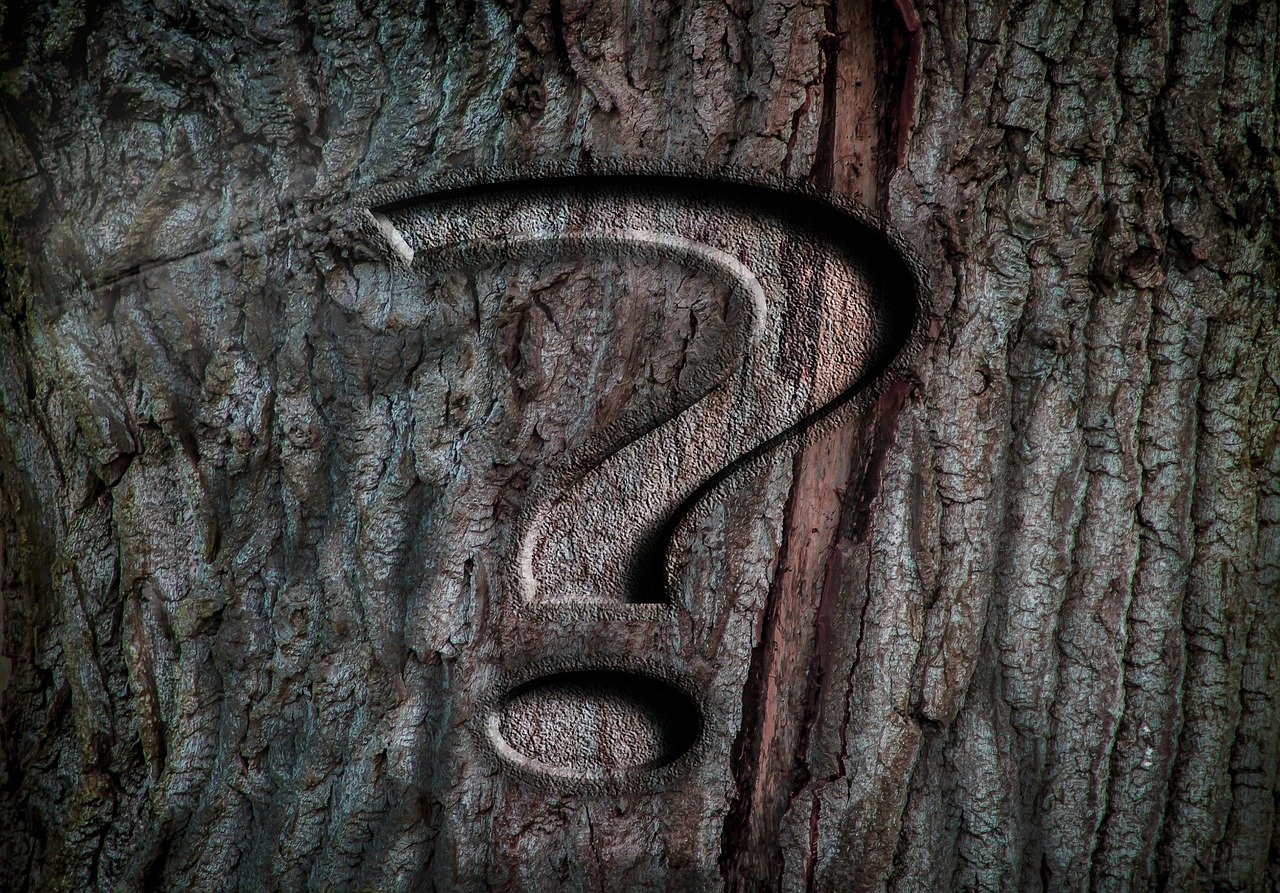Firstly, what are punctuations?
In English language, punctuations are certain marks that tell you function of the sentence. Punctuation tells you whether a sentence is a question, an exclamatory sentence, a dialogue, etc. Through punctuation, you know where to stop and pause, and you understand the tone of the sentence.
Different meaning of different sentences are told by punctuations. Punctuations are full stops, exclamations, question marks, hyphens, semicolons, colon, apostrophes, inverted commas, double inverted commas, etc. All of these punctuations have different meanings.
Commas: Commas are almost made in use in every sentence. But, if it is misused, it can change the whole meaning of the sentence. With the help of commas, you can seperate different thoughts of the sentence.
Question mark: Remember that every interrogative sentence will have a question mark. It will ask something.
Exclamation mark: Depending on the meaning of the sentence, and exclamation mark might add anger, happiness, excitement, or any other strong emotion.
Quotation marks: They show direct quotations. They are mostly used in written context like books, articles, blogs, etc
Colon: It talks about bringing out an example, a list, an explanation, or a quotation.
Semicolon: It is used to make a longer pause than that of a comma.
Brackets: Added or extra information can be added in brackets.
These were some punctuation marks that can be used in everyday writing or speaking contexts.















